Vegetarian, nutritious and with therapeutic values, Gita Ramesh’s book tells you how to deal with diseases before they come knocking
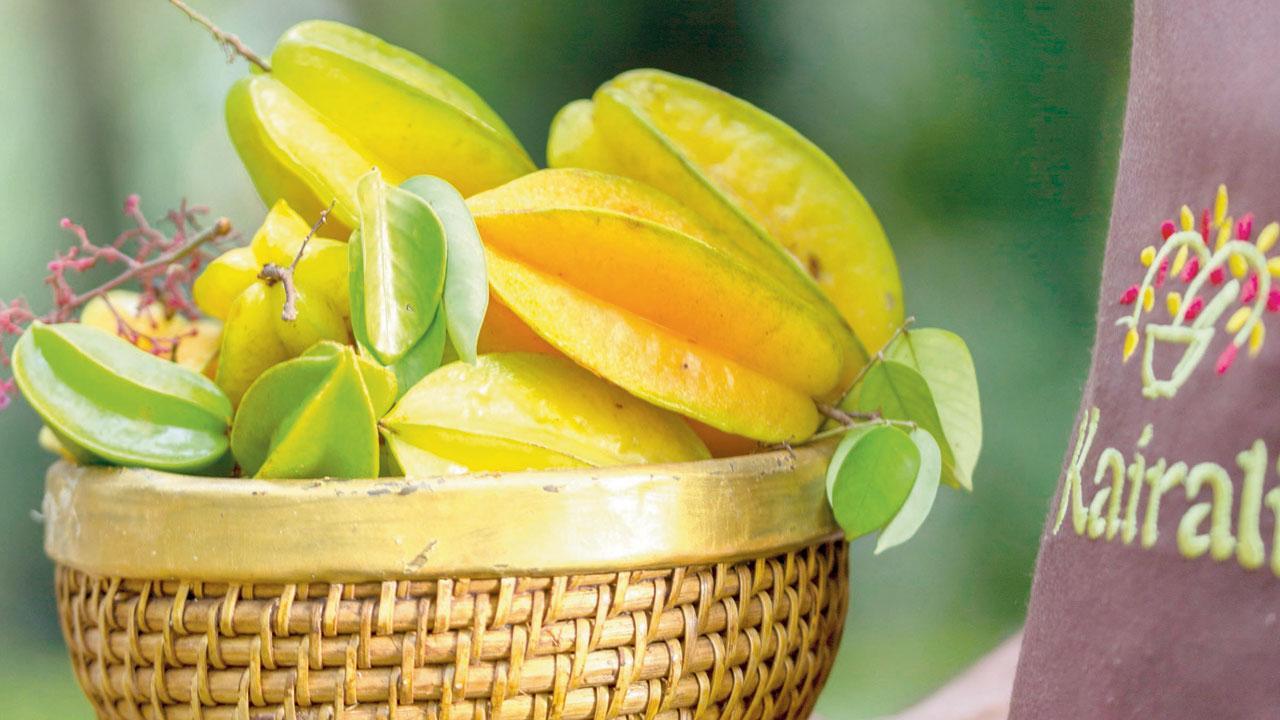
Ritucharya, the ayurvedic seasonal regimen helps deal with disorders
It’s flu season, so we turned to Gita Ramesh’s new book, The Ayurvedic Wellness Cookbook Recipes For Balance & Rejuvenation (Roli Books; R1,295) for healing advice. The author, managing director of Kairali Ayurvedic Group, along with husband KV Ramesh, is a pioneer in promoting ayurvedic retreats. From her home in Palakkad, Kerala, Gita tells us how Ayurveda is the only science that teaches you prevention of disease.
The seed of the idea for the book came to her during the COVID-19 pandemic. The title focuses on the preventive aspects of ayurveda, which consist of detoxification and rejuvenation, stress and strain, and panchakarma. At the heart of the recipes in the book, is the idea that food is medicine—it has the power to heal.
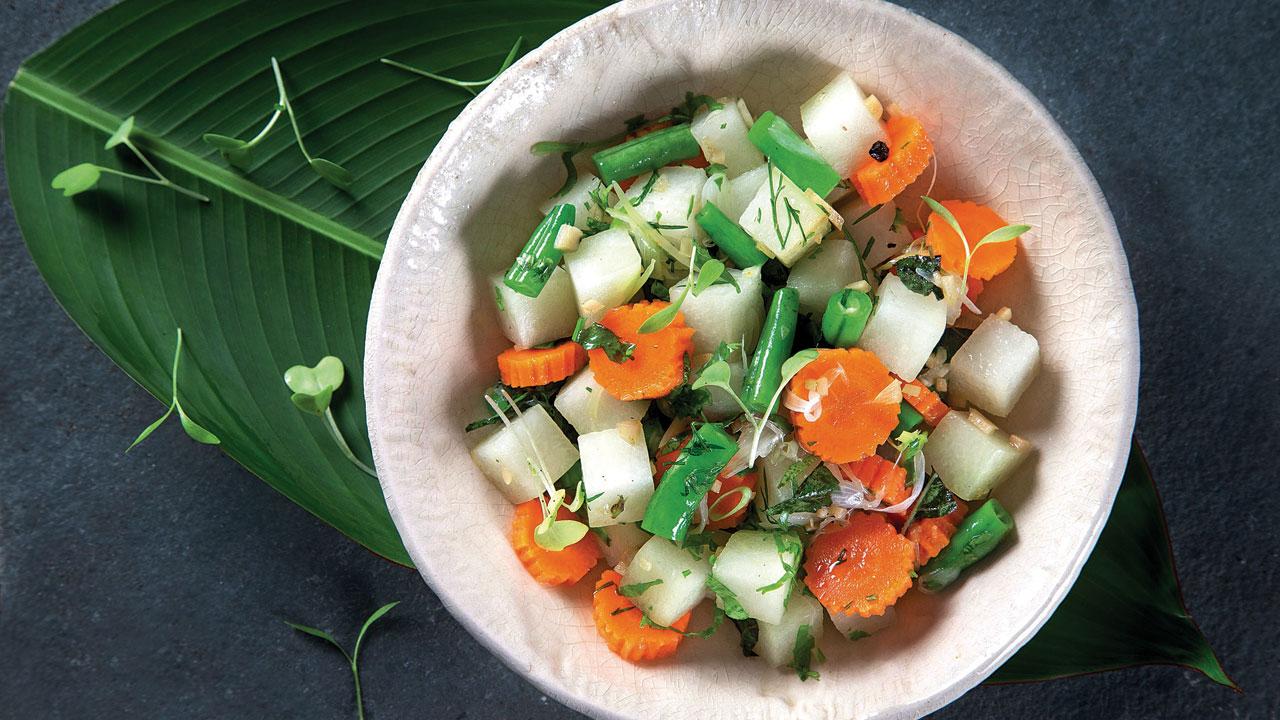
Peppered with information on ancient health principles and ingredients, the book has colourful and vibrant photographs by Sanjay Ramchandran. “After you eat [a preparation featured in the book],” she adds, “ you feel lighter and full of energy. I’ve shortlisted recipes that offer nourishment to build vitality and strength, and help balance all three doshas. They contain essential nutrients and are a great source of fibre, folate, manganese, potassium, iron and Vitamin C, and have antioxidants and anti-inflammatory properties.”
Coming to seasonal changes, Gita tells us how these have different effects on our bodies, and vary from person to person. “It is important to plan a change in diet as per the seasons. Follow ritucharya, the ayurvedic seasonal regimen, to maintain vigour and vitality and to cope with bodily and mental impact. Try and introduce cumin seeds, pepper, ginger, garlic, cloves, cardamom and turmeric to your diet since they all help us deal with changing weather.”
Ayurvedic principles for well being
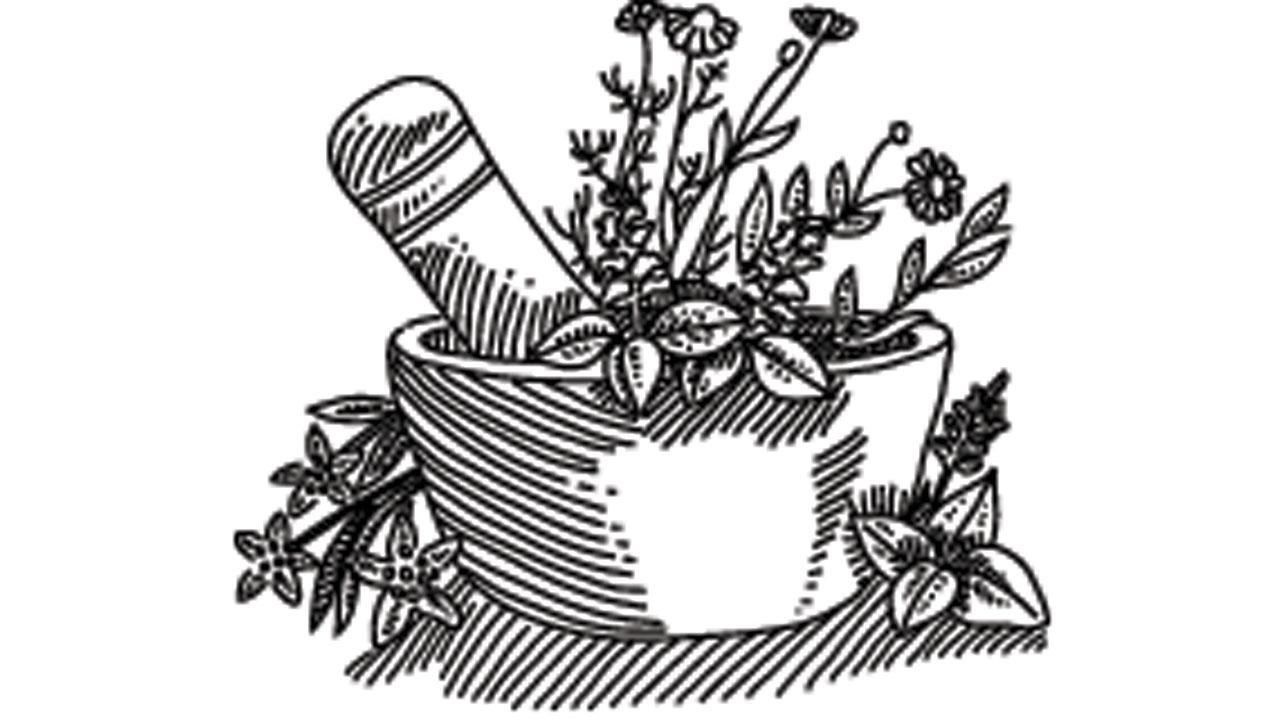
>> Three meals are recommended with no snacking in between to maintain good digestion and keep your stomach stress-free
>> Small amounts of all six tastes—sweet, sour, salty, bitter, astringent and pungent, should be incorporated into every meal
>> Avoid cold food and beverages
>> Between meals, ayurveda recommends having hot water or a hot herbal beverage
Takkali, kyarat jyus (Tomato and carrot juice)
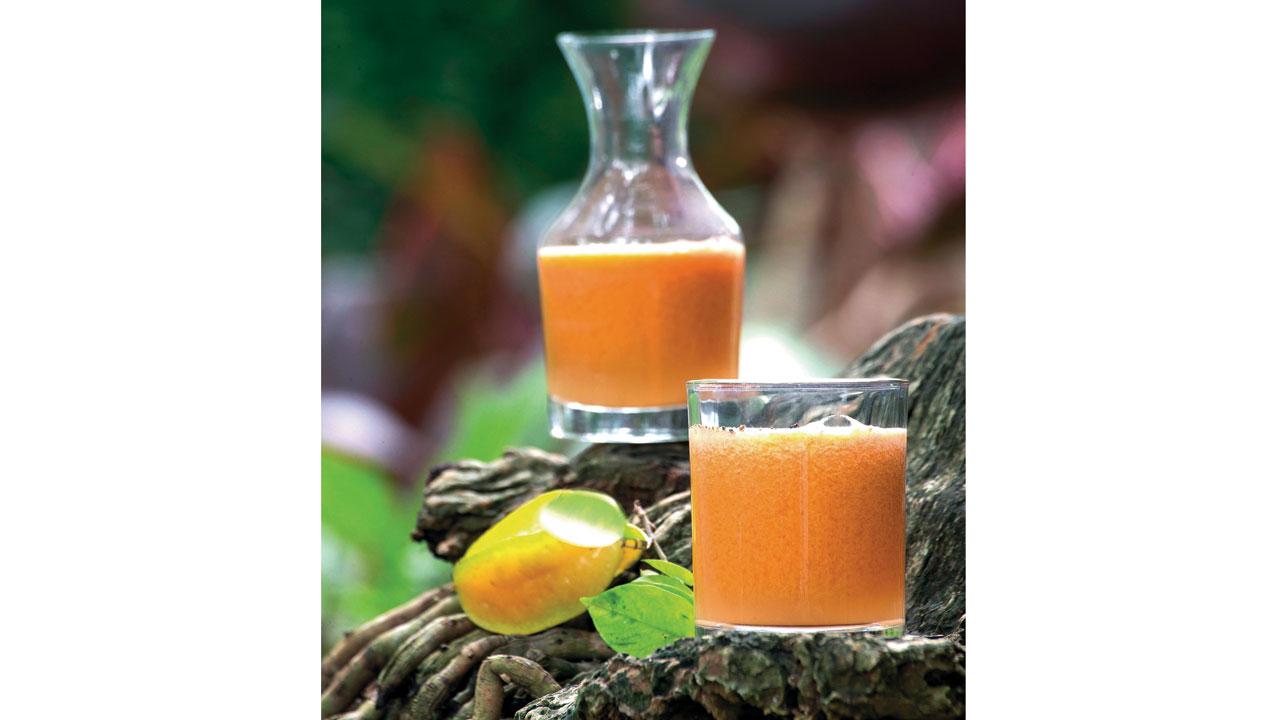
Ingredients
4 cups water
1 tbsp salt
4 tomatoes (medium)
4 carrots (medium)
4 star fruit
4 black peppercorns, crushed
Method
Mix four cups of water with salt. Rinse the tomatoes, carrots and star fruit thoroughly in the prepared salt water and dice them. Place a container under the nozzle of a juicer and turn on the juicer. Process the tomatoes, carrots and star fruit, one by one, through the juicer. Juice for five minutes at high speed. Mix the juice well, pour into glasses, add crushed black pepper and serve at room temperature.
Aushadi kanji (Kerala red rice porridge with mixed herbs)
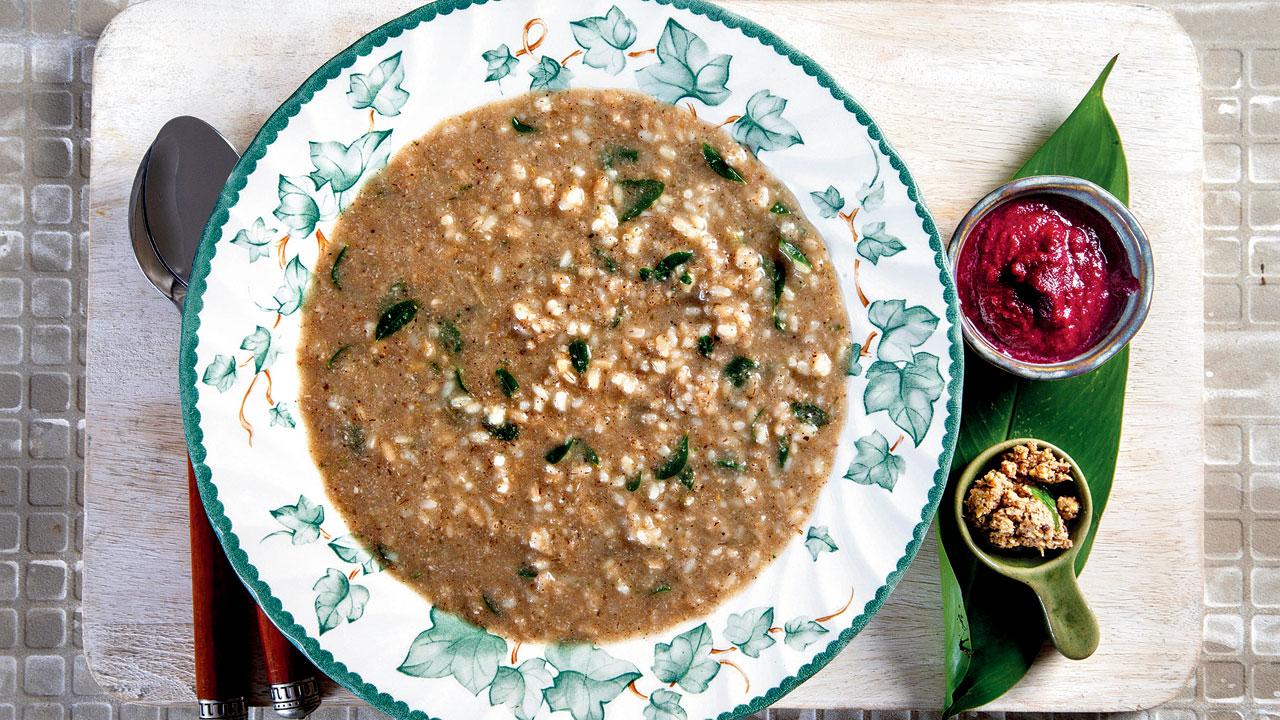
Ingredients
1/2 tsp ajwain
1/2 tsp fenugreek seeds
1 tsp cumin seeds
1/4 tsp fennel seeds
1/2 piece dry ginger
A pinch of nutmeg powder
1/2 tsp black peppercorns
3 cloves
1/2 inch cinnamon stick
2 cardamom pods
1 tsp thippili powder
1/2 tsp pepper powder
1 cup Kerala red rice
6 cups water
1 tsp drumstick leaves
1 tsp basil leaves
10 shallots, chopped
1 green chilli, chopped
1 stalk curry leaves
1/2 grated fresh coconut
2 tsp ghee
Salt to taste
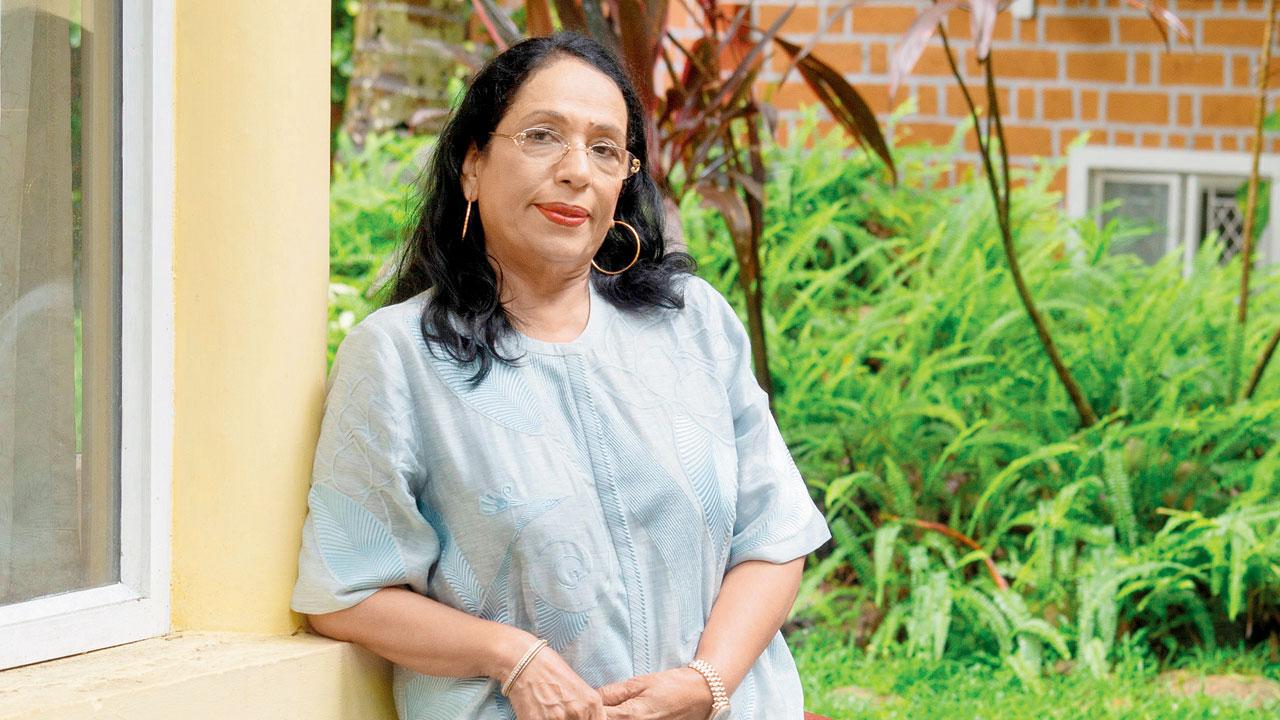
Gita Ramesh
Method
In a frying pan over low heat, dry-roast ajwain, fenugreek seeds, cumin seeds, fennel seeds, dry ginger, nutmeg, black peppercorn, clove, cinnamon stick, cardamom, thippili powder and pepper powder for two to three minutes until the ingredients are lightly browned. Remove from heat and cool for about five minutes. Transfer them to a small dry blender. Powder finely on high speed for two minutes, and set aside. Rinse the rice thoroughly and soak it in 21/2 cups of water for about an hour. Drain excess water. In a pressure cooker over medium heat, add rice, drumstick leaves and basil leaves. Add the powdered ingredients and mix well with six cups of water. Pressure-cook the ingredients until the first whistle is released. Lower the heat and cook for another 20 minutes. Remove from heat and set aside for five minutes until the pressure releases on its own. In a blender, add shallots, green chilli, freshly grated coconut and curry leaves, and grind for two minutes at medium speed. Add the ground ingredients to the cooked rice. Place the pressure cooker back over medium heat without its lid and cook the kanji for another two to five minutes. Remove from heat, add ghee and serve hot by itself or with horse gram chutney.
Did you know?
Ayurveda has been practised and preserved extensively in Kerala. Their daily diet tends to be based on ayurvedic principles.
 Subscribe today by clicking the link and stay updated with the latest news!" Click here!
Subscribe today by clicking the link and stay updated with the latest news!" Click here!








